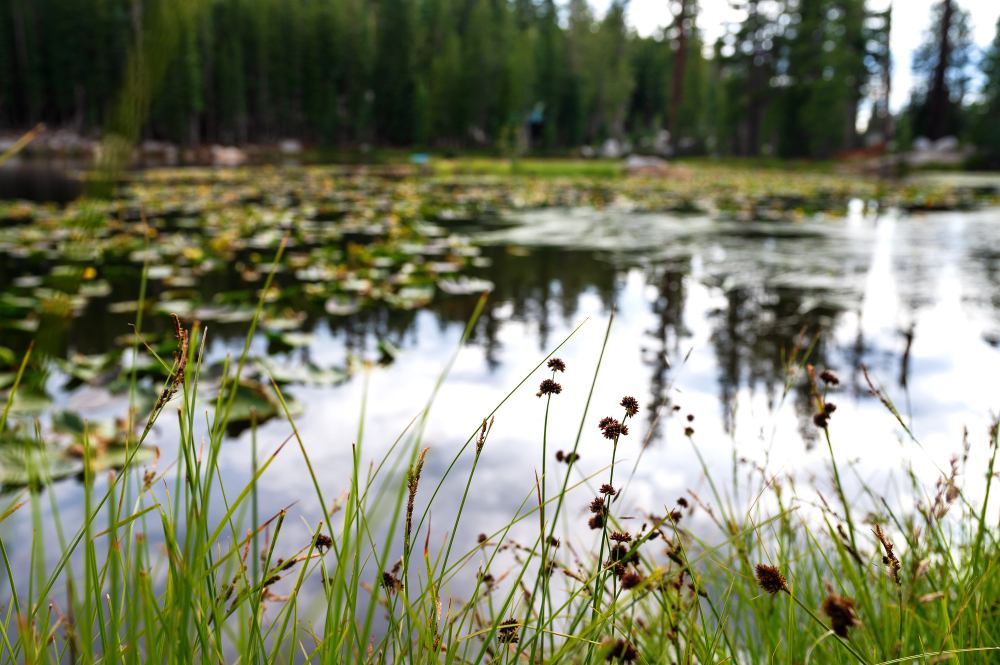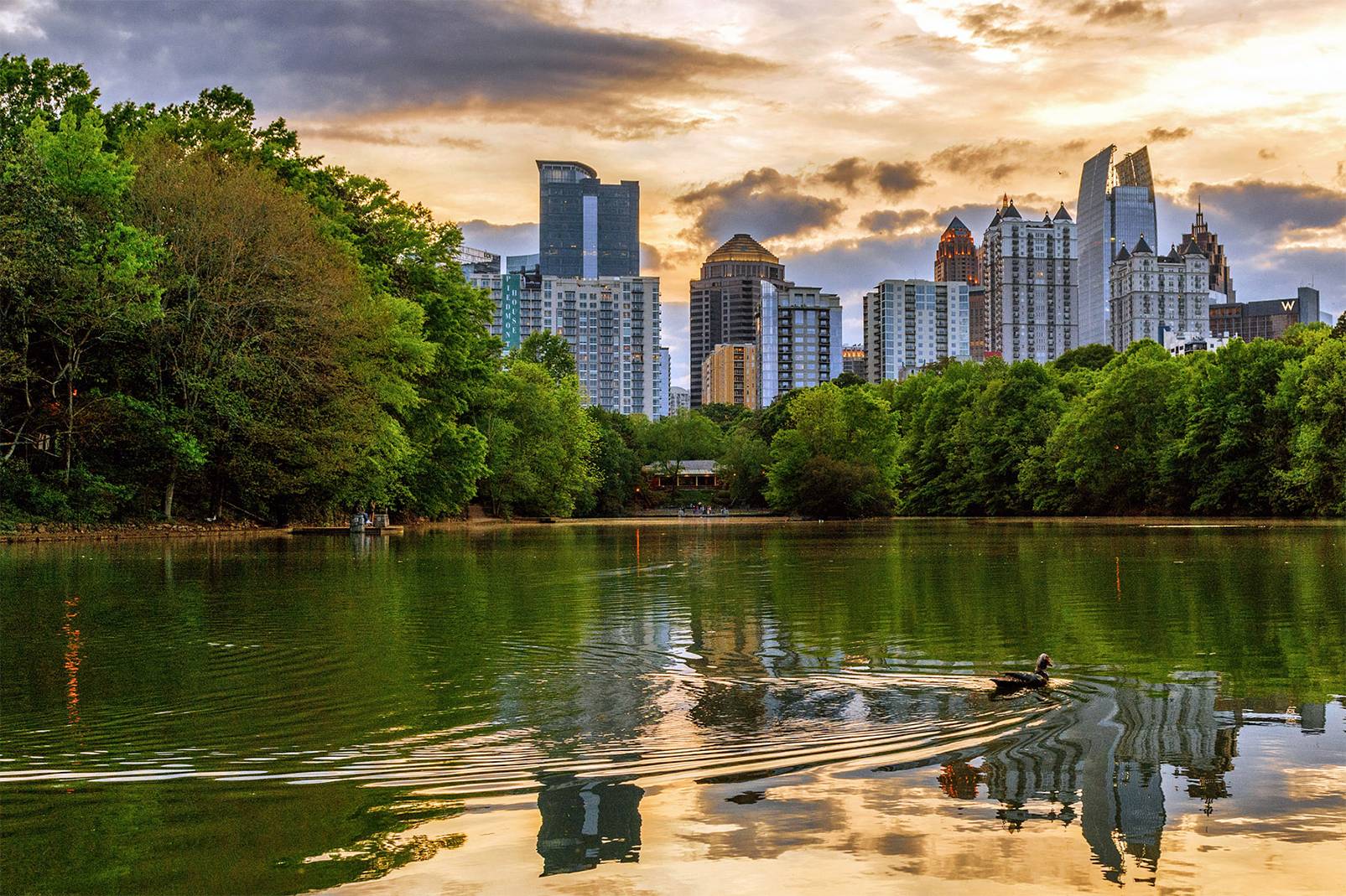
Owning a pond or lake in the picturesque state of Georgia comes with the responsibility of maintaining its beauty and ensuring its ecological health. However the battle against pond weeds can be a formidable challenge. These invasive plants have the potential to rapidly transform a serene waterbody into a tangled mess, jeopardizing not only its aesthetics but also its overall health.
In this article brought to you by Aquatic Restoration, we explore the threats posed by pond weeds, their impact, and effective strategies for controlling these aquatic invaders. If you’d like to leave the work to experienced professionals, then call Aquatic Restoration to hire uniformed pond maintenance specialists.
Pond weeds, whether floating, submerged, or emergent, can wreak havoc on the delicate balance of a water ecosystem. As these invasive plants proliferate, they outcompete native vegetation, disrupting the natural equilibrium and creating a host of issues for pond owners. Their unchecked growth can lead to a cascade of problems, ranging from decreased water quality to a decline in property values. Let’s dive deeper.
Given the myriad challenges posed by pond weeds, proactive management is essential to preserve the integrity and beauty of your waterbody. Let’s look at some effective strategies for controlling pond weeds in Georgia.
Let’s start with the tried-and-true. Physical removal methods, such as raking or cutting, can be effective for small-scale weed control. However, this approach is labor-intensive and may need to be repeated regularly to manage regrowth. Mechanical removal is most practical for localized infestations or in conjunction with other control methods.

Increasing oxygen levels in the pond through aeration systems can create conditions less favorable for the growth of pond weeds. Adequate oxygen promotes the growth of beneficial bacteria that compete with weeds for nutrients, contributing to a healthier and more balanced aquatic ecosystem.
You can be targeted too. Introducing natural enemies of pond weeds, such as grass carp, is an environmentally friendly approach to weed management. These herbivorous fish can help control the growth of certain aquatic plants. However, make sure to consider the potential impact on native vegetation before introducing biological controls.
Detention and retention pond maintenance involves special equipment, sophisticated diagnostic tools, and particular knowledge. If you’d like to leave the work to trained and experienced professionals, then call or contact Aquatic Restoration. With over 35 years of industry experience under our belts, we are proud to be a trusted and reputable source for lake and pond maintenance.
Lake management is an integral part of keeping your lake in peak condition. It involves activities such as lake…
There are many incredible benefits that come with restoring natural lake depth. Not only does it improve water quality…
When it comes to maintaining healthy water bodies, there are two primary methods that are often used: dredging and pond…
There’s peace of mind in knowing you have a reliable detention pond on your property. These man-made ponds temporarily hold…
Owning waterfront property is a dream come true for many people. Everything from the stunning views to a relaxing lifestyle…